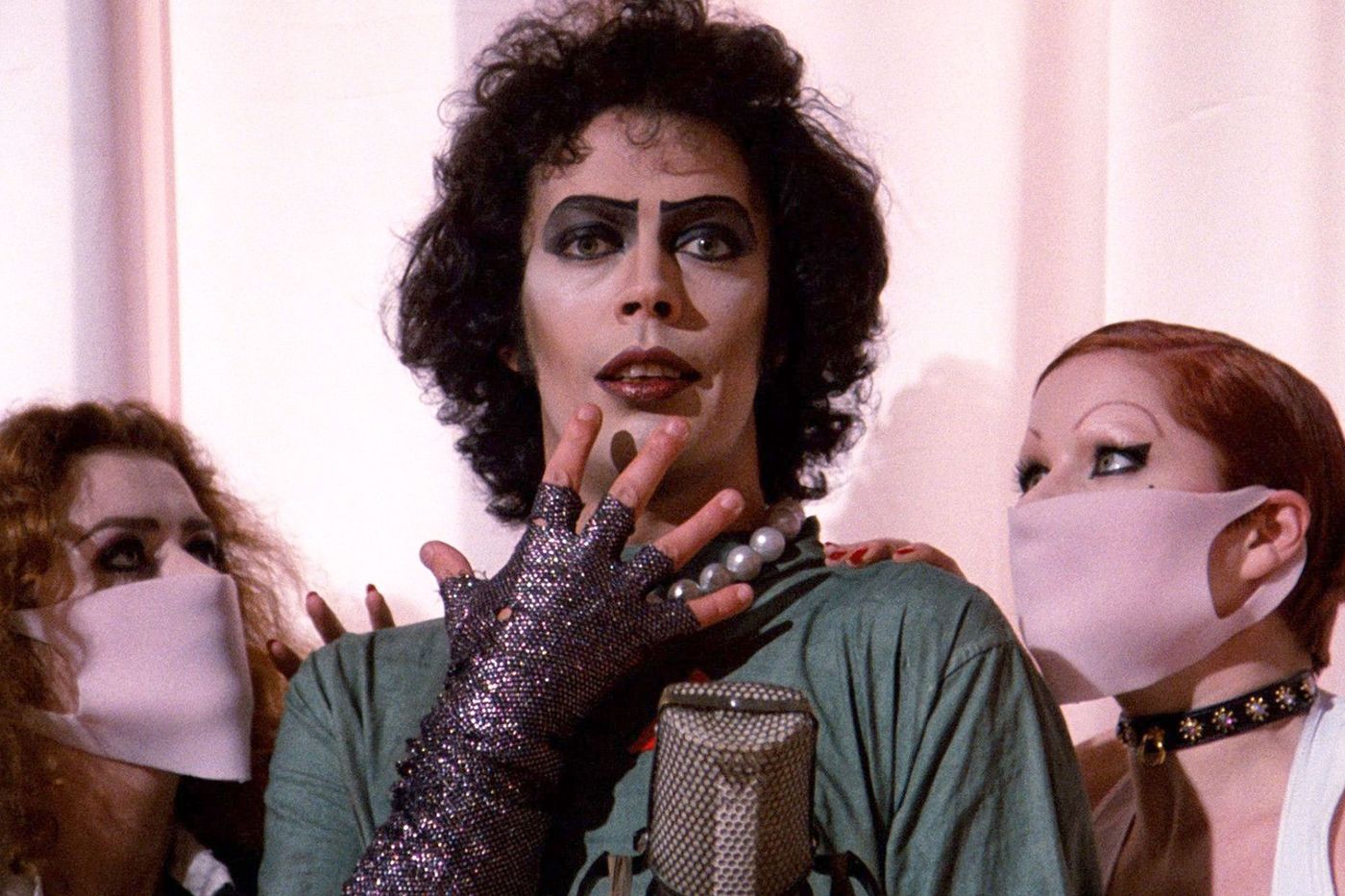If only there was a building children could attend where they do things like teach how clocks work
Seriously! I’m pretty sure that was part of 1st or 2nd grade. Maybe both…
In my elementary school we even had clocks, where the numbers were large dice the teacher could take out and rotate so they showed ½, 30 or 18 instead of 6, for example. It’s not hard to learn, if you’re at a school. But then again, digital clocks are so everpresent that it might not actually matter…
The problem is unless you really use the skill a lot you’re not really gonna learn it from school. I had to teach myself how to read analog clocks in highschool cause even though I’m pretty sure I learned it in elementary school I grew up with computers and eventually smart phones so I never had to use it.
Edit: Also for context I was born in 2001
We had one in every classroom. So we only had to look at it for reinforcement of the original lesson.
We had them too but at least for me in elementary school I didn’t really care what time it was. I remember I knew what position on the clock meant school was done but other then that didn’t really need to read it cause the teachers would just bring us as a class to whatever our next class was for that day. By the time I got old enough to start caring smartphones were prevalent enough that I never really needed to learn how to read a clock. It wasn’t until highschool where teachers got more strict about enforcing no phones out in class that I then learned how to read clocks so I could know when class would be done.
Gather round, children, time to learn how to use a dial up modem, and after that we’ll go over Morse code.
Sounds like divisive bullshit.
After all the millennial horseshit we had to hear in the 2010’s and we’re just gonna turn around and do the same shit, huh?
Yup, hating on the next generation is a tale as old as time. Idk why, but every generation seems to do it. Maybe it’s being uncomfortable with them being different or afraid of their youthfulness. I don’t get it.
I’m not gonna do that, fuck that. I do hope this much screen time is ok for kids, even as a young programmer I didn’t have an iPad everywhere. Nobody seems concerned about their privacy, but guess what: neither did my millennial peers.
I think everything will be ok with alpha and Z. Let’s not repeat our the mistakes of our parents.
This has got to be rage bait like the litterbox thing right?
Yup. Of course it is and half of the comment section is falling for it.
Litter box thing? I thought it was just my half wit town who believed in that bullshit.
My mother in law informed me that the left wants kids to have access to litter boxes and all kinds of stuff. She swears her friend said it’s true. I told her to her face that she’s been duped but you know she’s a bit too far and drank the juice.
My first thought was to be appalled at the lack of education on display… But is there any real reason to keep analog clocks… other than habit and nostalgia?
Other than the things already mentioned, you can read analog clocks easily from great distances, as long as the handles and the face have appropriate contrast (e.g. black on white). Even with impaired vision and large distance, being able to discern the rough position of black smudges on white background is enough to tell the time. This is not possible with a digital clock, because you can’t distinguish between the digits as easily. Therefore, I’d certainly argue their much better for legibility in the back of a classroom or a lecture hall.
Well you can use the clock for giving headings. “that tree at 10”. Then you have historical and ornamental clocks which might be nice to read. Like you can not design a digital clock to look as good as an analog one.
But yeah. Probably not many reasons really
Accessibility.
We will never get rid of the analogue clocks from our school, we’re an adult education and alternative model highschool qualifications centre.
We primarily teach adults with no to low English, adults and teens with disabilities, and adults and teens refered via corrections services.
There is a significant level of illiteracy within numeracy, and for some of our students, it’s not a failing of the education system, it’s just a fact of life given their specific circumstances (eg, acquired brain injuries are common among our students)
Some students can learn to tell time on an analogue clock even if they didn’t know before.
But even my students who will never in their life be able to fully and independently remember and recall their numbers can tell the time with an analogue clock.
I tell my students “we will take lunch at 12pm, so if you look at the clock and the arms look like this /imitates a clock/ we will go to lunch”
And now I avoid 40 questions of “when’s lunch?” because you don’t need to tell time to see time with an analogue clock, they can physically watch the hands move, getting closer to the shape they recognise as lunch time.
And my other students can just read the time, from the clock, and not feel infantalised by having a disability friendly task clock like they’ve done at other centres I work at - they’ve had a digital clock for students who can tell time, and a task clock as the accessible clock. But a well designed face on an analogue clock can do both.
I myself have time blindness due to a neurological/CRD issue, so analogue clocks, and analogue timers are an accessibility tool for me as well, as the teacher.
The swiss will never get rid of their iconic railway clocks
Clocks were invented before electricity. If an EMP took out all the electronics, a mechanical clock is still the best way to measure longitude at sea
I heard they’re gonna remove schools because kids show up to them not knowing anything.
I don’t believe this for a second. You can literally just look at it and intuitively understand. Not to mention part of the standard elementary school curriculum is how to read a clock.
Sounds like a fake article
There’s probably someplace kids could go to learn about analog clocks…
A flavorflav concert?
I’ve worked in 2 different schools in the IT department and 4 others as a volunteer lecturer (I got a name tag that said Technology Evangelist) I found that putting an analog clock on the screen saver of computers in the classroom was more likely to result in the clock actually being on time.
Too many clocks in classrooms are very old or even battery powered but neglected.
I don’t think kids are dumb just they aren’t getting a world that is properly maintained by competent people that care about their work and are adequately resourced to do the whole job.
Well, in Germany… depending on the school and people, we cared a lot for those clocks and maintained them well
No one knows how to read a sextant any more. The horror!!
Analog clocks are not really essential technology.
If only they still taught how to read a sundial, but those damn new fangled analog clocks…
OK let’s have a lesson for those who find this difficult. First, remember that little kids pick this up quickly and easily, so you can too!
We all know there are 60 seconds in a minute, 60 minutes in an hour, and 24 hours in a day, right? and that the day is divided into the a.m. of 12 hours and the p.m. of 12 hours.
So analog clocks show those 12 hours as the numbers 1-12 evenly spaced around the clock face. Now look a little closer and you see it’s also divided into 60 marks with a tick mark for each of the 60 seconds/minute or 60 minutes/hour. Hang on, we’re almost there!
The little hand points to the HOUR number (1-12). If it’s in between two numbers, that means the time is in between those two hours.
The big hand points to the MINUTE tick mark. Notice that the 1-12 numbers coincide with each 5th tick mark so it’s easy to count them. Just count by 5’s! So if the big hand is between the 3 and the 4, that means the minute of the hour is between 15 and 20, look at which tick mark for the exact minute.
Now, can you figure out how the second hand works? Good! Kindergarten dismissed!
/s
Kids these days do absolutely still know how to read analog clocks.
Besides, they probably shouldn’t put effort into that. Those things are close to useless nowadays. It’s mostly a case of schools being conservative… but then, it’s not that much of an effort, so there are more important things to care about.
Not sure about that. For high school math it is still quite important that students are familiar with circles and angles on circles. Analogue clocks are a gentle introduction to this.
I do know how to read an analog clock, but I dont read it subconciously, because my brain works on digital time, so I will have to look at it and then figure out what that time is if it were on a digital clock.
So if I see an analog clock I would rather look at my phone because that is just quicker than doing the conversion.
If you want to know more, look at the video Technology Connections (2?) did about it.
I read analogue clocks subconsciously, converting them automatically to 24h time.
I’m guessing they know how, but it’s not as quick as just glancing at it. I mean fuck I’m in my 40s but that’s true for me, too.
So, schools aren’t even capable of teaching students how to read clocks anymore?
Wife, for years, thought the “second hand” on a clock was called that because it was the “2nd” hand on the clock…which confused her. Took her over 30 years to realize it’s the “seconds” hand because it counts seconds.
I guess she is not entirely off, either. It’s called that because it is the second division of an hour.











